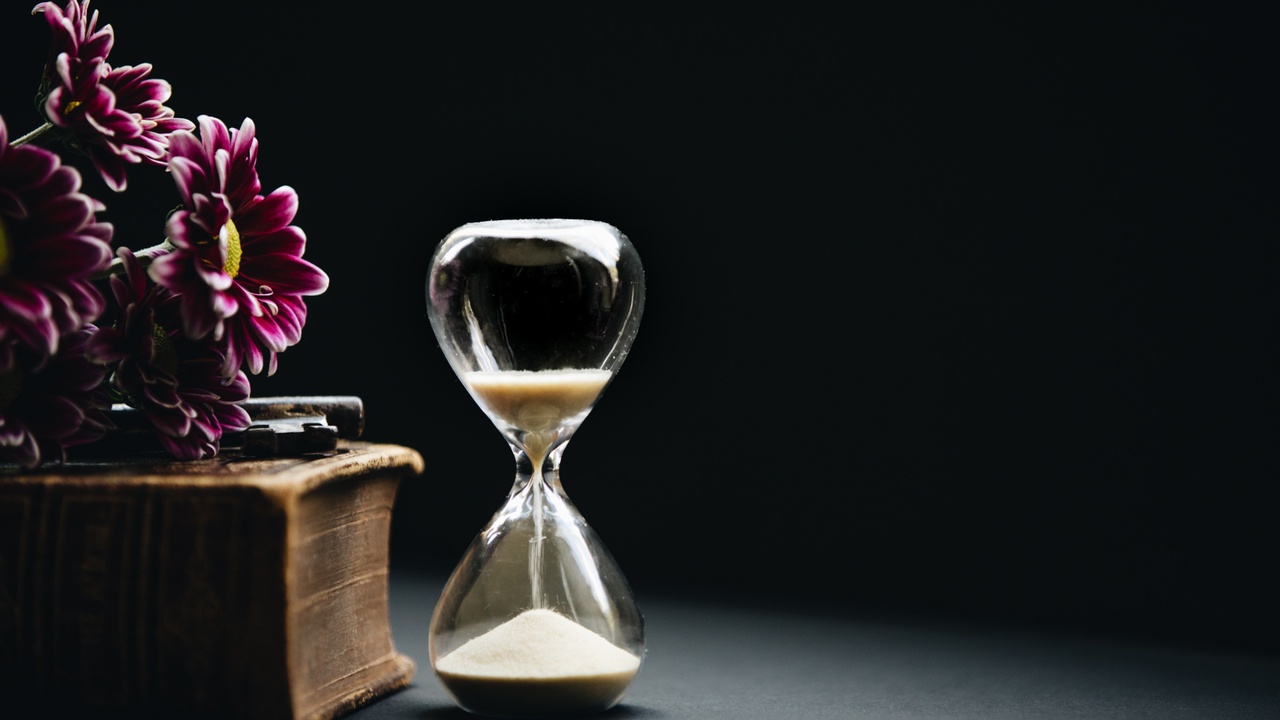
Welcome to the third part in this series focused on happiness and habits. In the first two parts (link here), we discussed the science of how to be happier, the misconceptions about happiness, the scientifically proven strategies to combat these fallacies, and the evidence based daily practices to be a happier human. While I highly encourage you to go back and review these first two articles, the most important thing to remember is that happiness comes through changing our behaviors. Knowing how to become happier isn’t simply enough, we must take action and put the knowledge into action. If happiness comes from changing behavior, how can we put these concepts into daily practice? Changing behavior is all about creating daily habits and rituals, as these are the invisible architecture of daily life. About 40% of daily life is shaped by habit, thus what you do every day matters more than what you do once in a while. In this article, we will discuss taking control of the daily habits proven to boost happiness.
In addition to the work of Dr. Laurie Santos and her course, The Science of Wellbeing, I have gained a lot of insight from Gretchen Rubin, and her many books related to happiness, habits, and personality types. The following information is a summary of the ideas from Rubin’s book “Better Than Before.”
What is a habit? Simply put, habits are a three-part process that come together to form a habit loop; a cue, a routine, and a reward. For example, let’s break down the habit of daily oral hygiene. The cue is the time of day and location (AM/PM and in the bathroom), the routine is brushing and flossing your teeth, and the reward is positive oral health. If you value your oral health, then daily oral hygiene will be an easy habit to form and sustain.
Now consider all information we learned previously about the practices that lead to greater happiness. After learning about these practices, your values may have changed. Habits make behavior change possible, and are a tool to create a life that reflects and is in alignment with your values. Habits also make change possible by freeing us from the mental drain of using precious self control, preventing decision fatigue, and conserving willpower. Understanding strategies for habit formation is the true key to lasting behavior change, thus habits are a key to sustained happiness.
When it comes to creating a plan for personal habits, the most important thing to remember is that everyone is different, and the strategies that work for someone else may not work for you. Rubin explains these as personal tendencies, which can be broken down into four categories based on how one responds to inner and outer expectations. The four tendencies are Upholder, Questioner, Obliger, and Rebel. Understanding how you respond to inner and outer expectations equips you to pick the correct habit strategies. Upholders respond readily to outer and inner expectations; it is fairly easy for an Upholder to pick a habit and be successful. Questioners question all expectations; if a Questioner understands the value of a habit and why it is important, they will be successful. Obligers meet outer expectations but struggle to meet expectations they impose on themselves; for an Obliger to be successful in changing behavior, it is crucial that they have external accountability. This is the most common tendency. Rebels resist outer and inner expectations; for a Rebel to change behavior, they must have the freedom of choice and understand that their habits will be very unique. It is important to get to know which tendency, or combination of tendencies, you align with, as the habit strategies for greatest success will differ.
In “Better Than Before,” Gretchen Rubin also discussed the four pillars of habits; monitoring, foundation, scheduling, and accountability. Monitoring and tracking habits are important because you can only manage what you monitor. When you are working to build a new habit, it is really helpful to track progress using calendars, apps, smart watches, etc. The second pillar is about building foundational habits first, meaning you should begin working to build the habits that will boost overall wellbeing before attempting to solve narrower, less obvious issues. Foundational habits like getting enough sleep, exercise, healthy eating, and decluttering, have a spillover effect that reinforces other good habits. Another pillar of habits is scheduling, which eliminates decision making, conserves self control, and fights procrastination. The strategy of scheduling helps us spend time in what really matters for us, because how we schedule and spend our days is how we spend our lives. The last pillar is accountability. This is most critical for those Obligers who must rely on external accountability in the form of deadlines, late fees, accountability partners, or coaches. People tend to be more successful with habits when someone else is watching.
To wrap up today’s discussion on habits I would like to walk you through another example of what it looks like for me to build a new habit. I begin with reviewing the practices proven for greater happiness and foundational habits, reevaluating my values, and monitoring where I am out of alignment with my actions. I value simplicity and creating space in my life for spontaneous experiences, but through monitoring I can see that I do not dedicate any time to decluttering. Thus, the habit I want to form is weekly decluttering. Now I will create a habit plan, keeping in mind that my tendency as an Obliger is to rely on external expectations. My habit loop will look like this; the cue is the day of the week, the routine is decluttering and cleaning, and the reward is outer order and inner calm. I will schedule the habit every Sunday morning and ask my husband to be my accountability partner. I will monitor my progress, and if the habit is not forming successfully, I will schedule a different time for decluttering, or even find a stricter way to hold myself accountable, like finding a home organizing coach.
I hope that you can see the importance of habits in building happiness. Remember, happiness doesn’t just happen. It takes hard work and a commitment to the daily habits and rituals to cultivate deep, long lasting happiness. Join me in the next newsletter as we dive deeper into habit strategies.






